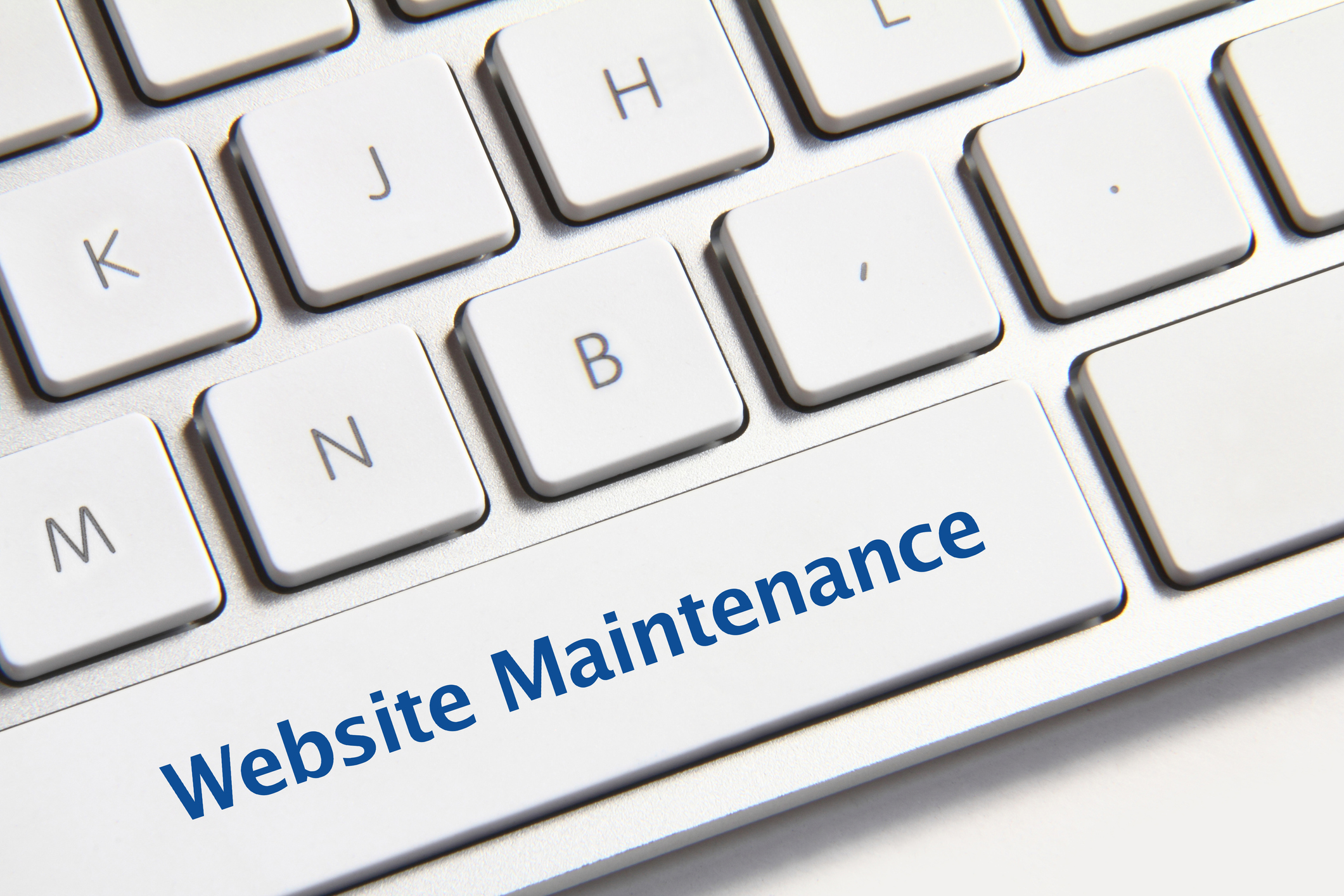In today’s digital landscape, a business’s website is one of its most important assets. But simply having a website isn’t enough. Regular maintenance is essential to ensure that your site performs well, ranks highly on search engines, and offers a seamless user experience (UX). In fact, neglecting website maintenance can lead to slow performance, security risks, and poor search engine optimization (SEO), all of which can have serious consequences for your online visibility and reputation.
In this blog post, we’ll discuss how regular website maintenance can significantly improve both your SEO and user experience, helping your business grow and succeed online.
Improved Website Speed and Performance
One of the most important aspects of website maintenance is ensuring that your site runs smoothly and quickly. Page speed is not just a factor in user experience but also plays a crucial role in SEO. Search engines like Google factor in page loading times when determining rankings. Sites that load slowly can frustrate users, leading to higher bounce rates, which can negatively impact your SEO ranking.
Regular maintenance helps identify and resolve issues such as broken links, large file sizes, or unoptimized images, all of which can slow down your site. By optimizing performance, your site can load faster, improving both user satisfaction and SEO performance.
Ensuring Mobile Responsiveness
With mobile devices accounting for more than 50% of global web traffic, ensuring your site is mobile-friendly is more important than ever. Google’s mobile-first indexing means that the mobile version of your website is prioritized when determining your search rankings. If your site isn’t responsive on mobile devices, it could result in poor search engine visibility and a negative user experience.
Regular maintenance ensures that your website remains responsive and works seamlessly across all devices, including smartphones and tablets. This improves usability and ensures you don’t lose potential customers due to poor mobile experience.
Fixing Broken Links and Reducing 404 Errors
Broken links and 404 errors not only disrupt the user experience but can also have a negative impact on SEO. Search engines penalize websites that have too many broken links, as they are seen as signs of poor site maintenance. For users, encountering a broken link can be frustrating, potentially causing them to leave your site and seek solutions elsewhere.
By performing regular audits and fixing broken links, you enhance the user experience, ensuring visitors can easily navigate your website. This, in turn, contributes to a lower bounce rate and improved SEO rankings.
Enhancing Security with Regular Updates
Website security is a key component of both user trust and SEO. Search engines prioritize secure websites, especially those using HTTPS, in their rankings. A site that is not properly secured can be flagged by search engines, causing it to drop in rankings or even be blacklisted altogether.
Regular maintenance ensures that your website’s security measures, such as SSL certificates, plugins, and software, are up to date. This protects your site from security threats, data breaches, and potential downtime. Moreover, a secure website builds trust with users, encouraging them to interact with your site more freely, whether they are making purchases or submitting personal information.
Updating and Refreshing Content
Content is one of the most important factors in SEO. Search engines prioritize websites that provide fresh, relevant, and informative content. Over time, outdated or irrelevant content can hurt your SEO efforts, as search engines are less likely to rank sites with stale content highly.
Regular content updates, including adding new blog posts, updating product descriptions, and optimizing existing pages, help to keep your site current and aligned with the latest SEO best practices. Additionally, updating content gives users a reason to return to your site, increasing engagement and improving your SEO ranking over time.
Reducing Downtime and Enhancing Reliability
Unplanned downtime can have devastating effects on both SEO and user experience. When your site is down, search engines cannot crawl your pages, which can lead to lower rankings. Additionally, users who encounter a site that is frequently down are less likely to return, which negatively impacts your brand’s reputation.
Routine maintenance helps prevent unexpected downtime by identifying potential issues before they escalate. Regular backups, server checks, and software updates all contribute to keeping your website running smoothly, enhancing both user experience and SEO.
Optimizing for SEO Best Practices
The digital landscape is constantly evolving, and SEO best practices are no exception. What worked for your website’s SEO six months ago may no longer be effective. Search engines frequently update their algorithms, and regular website maintenance ensures that your site stays optimized according to the latest SEO trends.
During routine maintenance, you can assess and refine elements such as meta tags, alt text for images, keyword usage, and structured data. By keeping your website aligned with the latest SEO strategies, you ensure that search engines continue to rank your site favorably.
Conclusion
In conclusion, regular website maintenance is crucial for improving both your SEO performance and user experience. By staying proactive in optimizing speed, mobile responsiveness, security, and content, you can create a website that not only ranks highly on search engines but also delights users. A well-maintained website reflects professionalism, reliability, and commitment to providing a seamless experience for your audience.
If you’re looking to improve your site’s performance and boost your SEO, Swamp Rabbit Media offers comprehensive website maintenance services to ensure that your website stays secure, fast, and optimized. Don’t wait until issues arise—invest in regular website maintenance to keep your business ahead of the competition!





